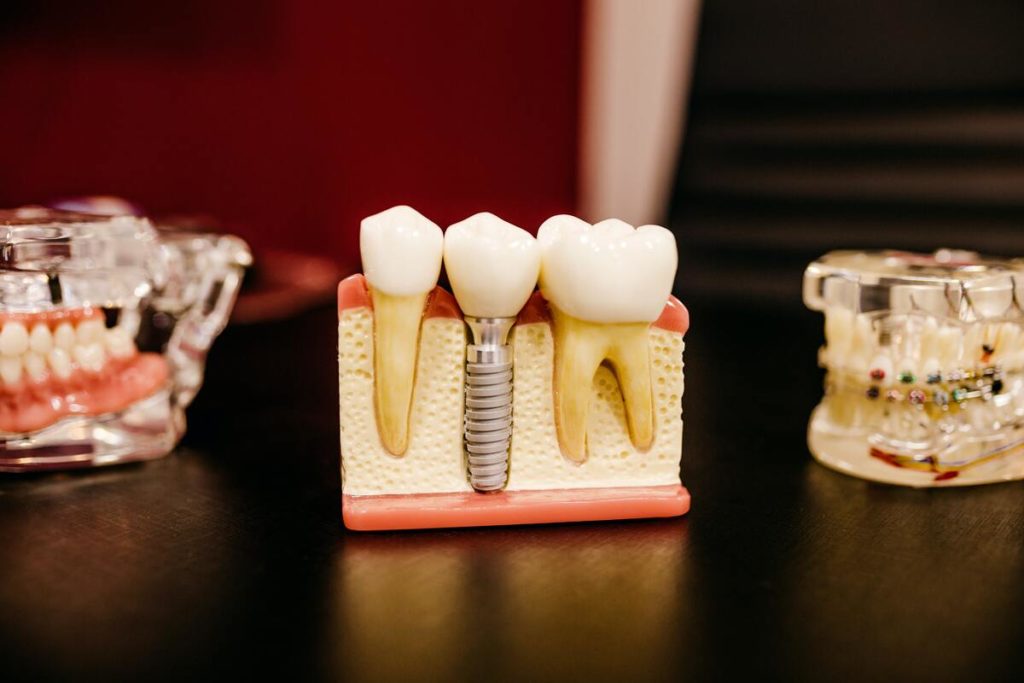Fed up with having a gap when you smile? Or do you want a more permanent solution to your missing teeth than a denture?
One of the newer techniques for resolving both of these issues that may be available at a clinic near you is an oral implant, offering a more permanent solution to the problems that come with missing teeth.
Here, common questions that dentists are asked about oral implants are answered, so read on to learn more about this highly sophisticated restorative.
Will I need a bone graft?
During your initial consultation for dental implants Brentwood, your dentist will perform X-rays to assess the quality and quantity of your jawbone. If it is found that it is too thin or has been damaged, then you may require a bone graft.
Should a bone graft be required, it will be taken from either your chin, the back of your jaw, your hip or your tibia. This will increase the chance of the bone graft being successful.
There are other options for bone grafts, one of which involves the fitting of a synthetic bone which reduces the chance of the body rejecting it.
However, there are also other types of oral implants available, which can include zygomatic implants and subperiosteal implants, which can be beneficial if you do not wish to or cannot have a bone graft. For more information on these options, talk to your dentist.

Is the procedure uncomfortable?
No, it isn’t.
Your dentist will sufficiently numb your gum before making the first incision. Once you are at home recovering, you may notice a sensation akin to bruising where the implant has been fitted. This is normal and should subside in 4-5 days post-fitting. It is also advised that to manage this you take over-the-counter pain relief, such as paracetamol. Avoid using ibuprofen or aspirin, as these can cause the blood to thin and delay healing.
How long before I can eat what I want?
Each mouth is unique and heals at different rates.
But post-fitting of the implants, you will need to wait between 3-6 months for them to fuse with your jaw. After this time, the prosthetic teeth are attached, allowing you to bite into and consume food.
If you have an underlying health condition, such as diabetes or an autoimmune disorder, this timeline may be extended slightly, so be patient.
Am I too old for oral implants?
There is no upper age limit on having oral implants fitted, but you do have to be a minimum of 18 years old.
Provided that you have good overall oral health and don’t have any contraindicated conditions such as osteoporosis, you can have oral implants fitted at any age. For more information, talk to your dental team.
Will I be able to afford them?
They may be more affordable than you think!
Many dental clinics that offer oral implants are also able to offer financing to help patients to pay for them, meaning that you may be able to spread the cost over months or even years. But this is subject to a credit check, so always ask around for the best interest rates available when taking out finance with a dental clinic.


